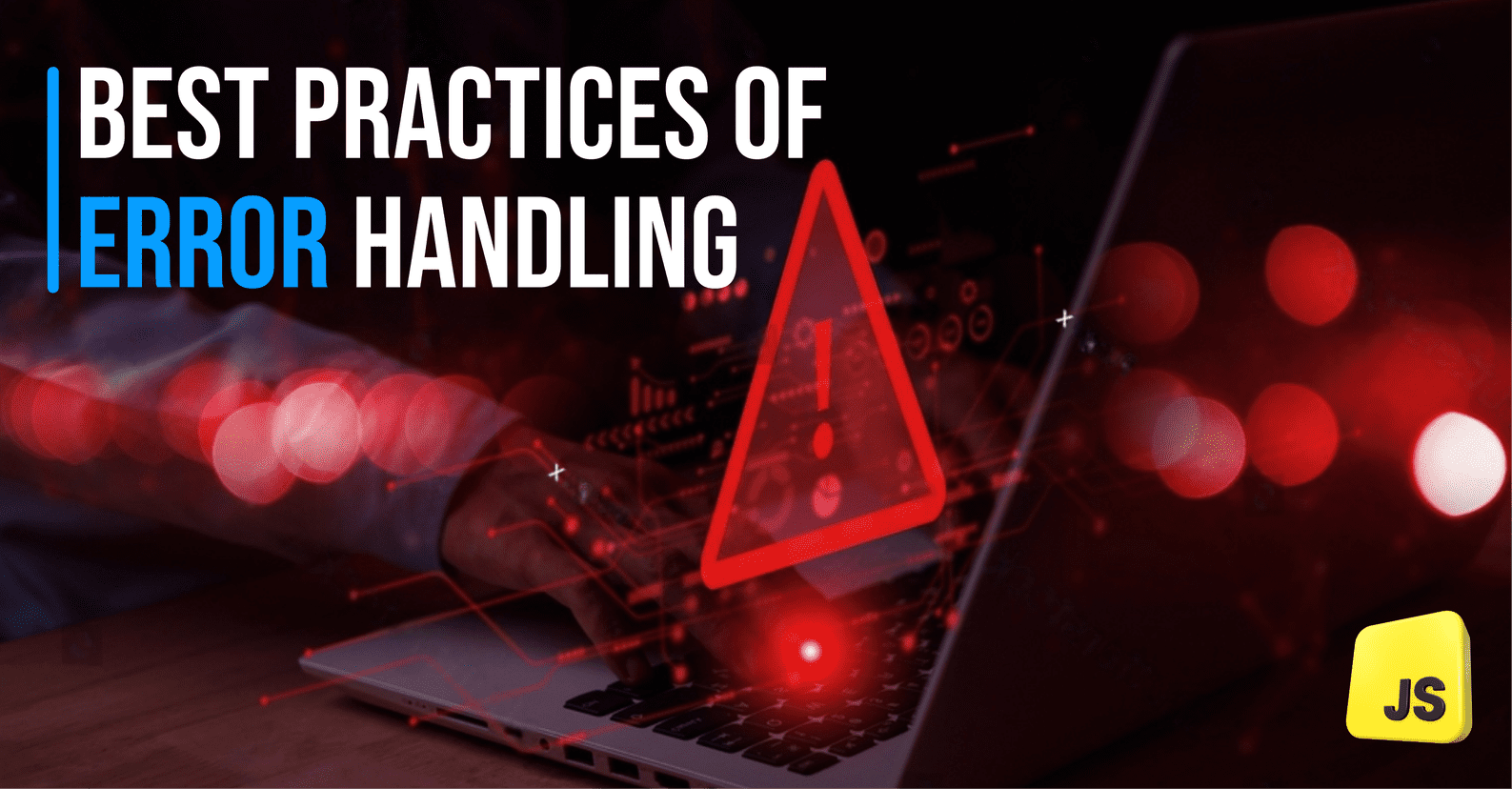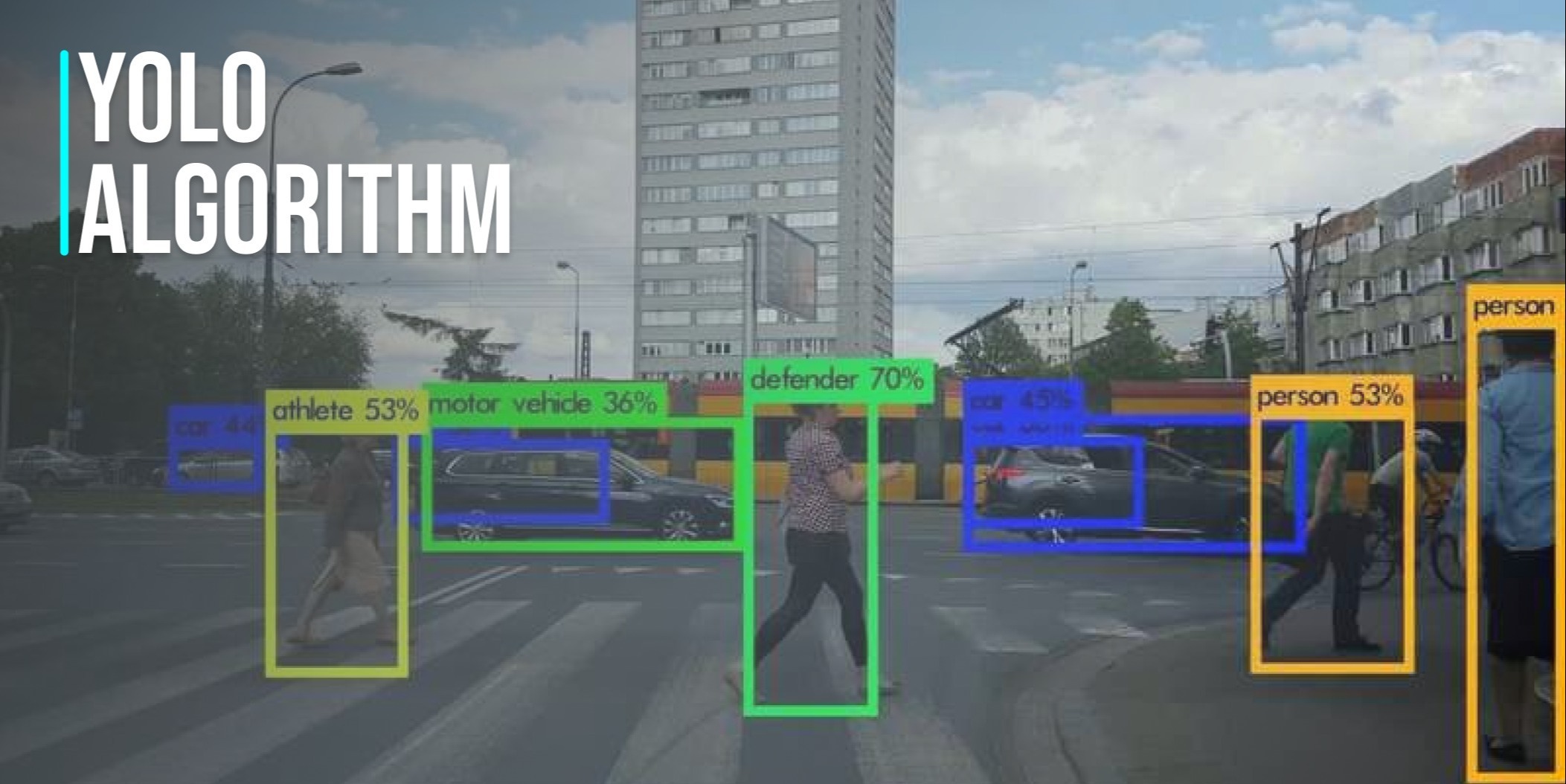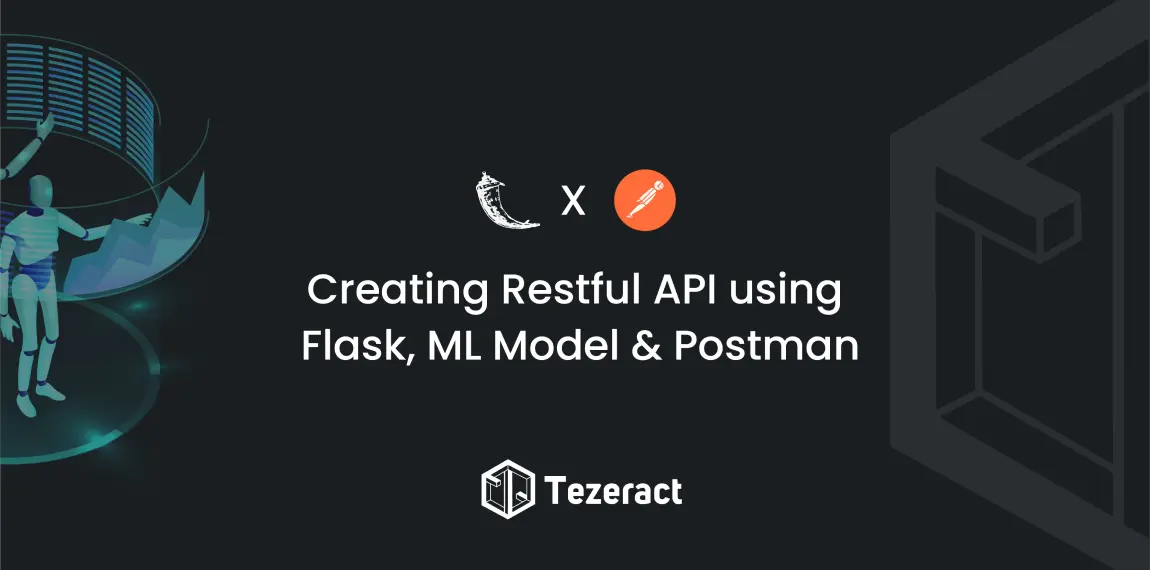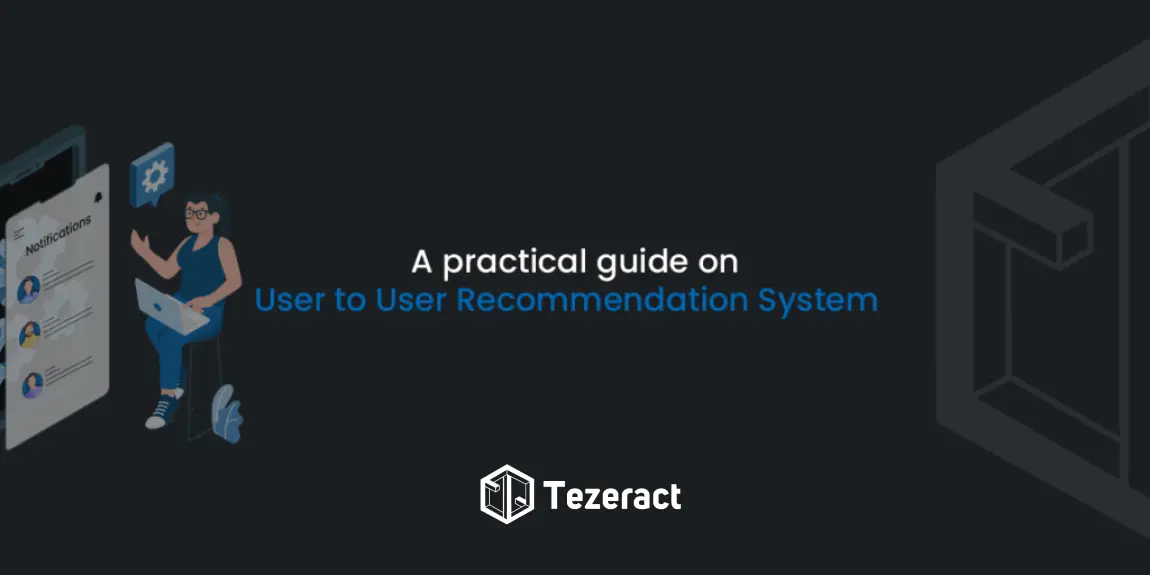AI is revolutionizing a variety of industries, including real estate, by leading in a new era of business transformation. Its remarkable capabilities are reshaping how we buy, sell, and invest in real estate, resulting in a significant shift in property ownership and rental living ecosystems.
In this article, we’ll explore how AI is reshaping the real estate industry, from providing essential insights to highlighting case studies and offering solutions to major industry challenges.
AI in Real Estate Industry
In the real estate industry, AI is not just a buzzword; it’s a transformative force that enhances efficiency, accuracy, and the overall experience for buyers, sellers, and agents.
AI is changing real estate in various ways. It helps appraisers value properties using data and images, aids mortgage lenders in making safe lending decisions, and assists developers in choosing the best construction sites based on local rules.
According to Stats, The AI in real estate market size has grown exponentially in recent years. It will grow from $164.96 billion in 2023 to $226.71 billion in 2024 at a compound annual growth rate (CAGR) of 37.4%.
3 Major Real Estate Challenges Solved by AI
The real estate industry faces numerous challenges, including market volatility, data overload, and time-consuming processes. Here’s how AI can come to the rescue to cater to these major challenges.
These are some of the major real estate challenges solved by AI
Problem 1
Market Volatility – AI analyzes vast datasets to predict market trends, assisting investors in making well-informed decisions.
Problem 2
Data Overload – AI streamlines data management, making it easier to access and interpret the wealth of information available.
Problem 3
Time-Consuming Processes – AI automates tasks such as property valuation, reducing administrative burdens and boosting productivity.
Benefits of using AI in real estate
Predictive Analytics for Pricing
Buying a property that is at a reasonable price and can result in a handsome amount of ROI in the future is a top priority for every person investing in a property. Calculating the price of a property depends on various factors such as transportation medium, security factors, school, medical services, location of that property, and so on.
AI can analyze historical property data, market trends, and economic indicators to predict property values, rental income, and potential price fluctuations. This helps sellers and buyers make informed pricing decisions.
Property Search and Recommendation
AI-powered real estate tools can provide personalized property recommendations to prospective buyers or renters based on their preferences, budget, and location preferences. This enhances user experience and helps users find properties more efficiently.
Risk Assessment and Fraud Detection
AI can be used to assess the risk associated with a property investment, including the likelihood of natural disasters, crime rates, and potential financial issues. It can also detect fraudulent activities in real estate transactions.
Market Forecasting
AI can analyze vast datasets to provide real estate professionals with market forecasts, helping them anticipate trends, identify investment opportunities, and make strategic decisions.
Examples of AI in Real Estate
Many real estate companies are using AI-powered technologies to improve the processes of purchasing, selling, and investing in property.
Let’s delve into some real-world examples of AI in real estate that underscore the Impact of AI in real estate industry
Zillow
Zillow, a renowned figure in the real estate sector, utilizes AI to analyze digital images and other pertinent data, producing complimentary property value estimates with an impressive accuracy rate of 90%.
Compass
Compass, a technology-driven real estate firm, leverages AI to provide tailored property recommendations, resulting in a 10% increase in customer satisfaction.
According to a report by Realtor.com, AI-powered chatbots have reduced response times by an impressive 80%, significantly enhancing customer engagement.
From the above case studies It can be observed that AI in real estate industry is making huge advancements.
Conclusion
In summary, AI is changing real estate by providing invaluable insights, elevating customer experiences, and streamlining operations by using advanced technology like robots, machine learning, and big data. These tools help predict trends, automate tasks, and estimate property values more accurately. It shows how powerful AI is in transforming the real estate market.
With Tezeract’s AI solutions, you can stay ahead of the curve in this dynamic industry. Embrace the AI revolution and unlock the full potential of real estate.
As a leading AI solution provider, Tezeract offers cutting-edge AI tools and tailored solutions designed specifically for the real estate industry. Our expertise spans predictive analytics, immersive virtual tours, intelligent chatbots, and personalized property recommendations. Ready to explore the future AI in real estate industry? Contact us today to schedule a demo and discover how Tezeract can transform your business.






















